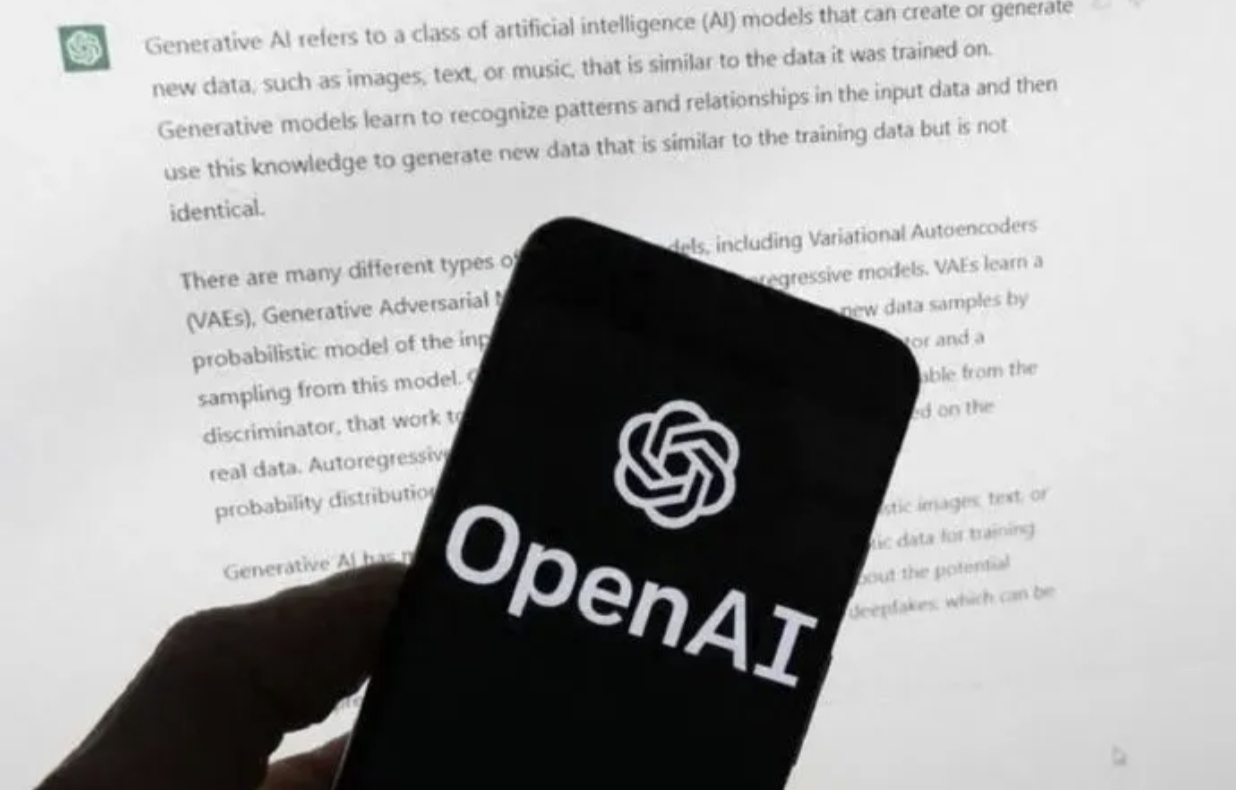
In the early hours of July 26, an unexpected global technical meltdown struck OpenAI. Its flagship product, ChatGPT, and core API services were paralyzed, leaving users worldwide in a prolonged state of waiting and anxiety. The outage lasted nearly six hours, gradually recovering only by dawn, marking the most severe service disruption the organization has faced this year.
At the time of the incident, user interfaces across the globe were flooded with uniform error messages, rendering users unable to send or receive any responses. More alarmingly, some users reported that their valuable conversation histories had mysteriously vanished. During the Monday morning rush hour in Europe and the U.S., numerous business applications reliant on OpenAI’s technology were forced to halt. Critical functions such as customer service, content generation, and code assistance came to an abrupt standstill, throwing countless enterprise workflows into chaos and resulting in immeasurable losses. Developers took to social media to lament severe project delays and even the risk of contract breaches.
In a subsequent statement, OpenAI attributed the incident to overheating hardware in its data centers, which triggered preset safety fuse mechanisms. The company claimed that services were gradually restored by urgently shifting workloads to backup infrastructure. However, regarding the core concern of users’ lost conversation histories, the statement merely dismissed it with a mere passing mention of “ongoing investigation,” offering no timeline for restoration or assurance of data recoverability.
This marks the third major publicly confirmed outage on the OpenAI platform in 2024. Its recurring service stability issues continue to erode enterprise users’ confidence in the reliability of AI core infrastructure.
“The explanation of hardware overheating triggering a fuse makes technical sense,” an anonymous cloud computing architect analyzed. “But for such critical infrastructure, there should be far more robust redundant cooling capabilities and real-time monitoring alerts. For a tech giant like OpenAI to allow an overheating issue to escalate into a global fuse event reveals surprisingly serious oversights in either infrastructure investment or operational precision.”
The impact of this outage is profound. Analysts from market research institutions noted that hours-long global service disruption has dealt a substantial blow to OpenAI’s commercial credibility. For enterprise users, stability and reliability are paramount when choosing AI service providers. Repeated outages have inadvertently handed competitors a golden opportunity to vie for market share. Multiple large enterprise technology leaders privately disclosed that they are urgently evaluating their reliance on OpenAI’s API and considering diversifying risks by introducing alternative solutions.
The loss of conversation history strikes at the foundation of trust. The personalized dialogue data accumulated by users through significant time and effort represents one of ChatGPT’s core values. Security experts sharply pointed out: “If even the most basic data retention for users cannot be guaranteed, how can enterprise users confidently entrust it with sensitive tasks involving business secrets or customer data? This is not merely a technical failure but a collapse of trust mechanisms.”
Although OpenAI’s services have been restored, the aftershocks of the outage are far from over. The hardware fuse is merely a symptom; the recurring major incidents expose the fragile nature of its infrastructure when supporting global services. Every crash leaves scars in users’ hearts, and every data loss erodes the foundation of trust. When the patience and confidence of enterprise users are repeatedly scorched, even the most dazzling technological halo cannot conceal the cracks in the foundation. In the age of AI, stability is not a luxury but the very bedrock that holds up the future. Should that bedrock remain undermined, no skyscraper—no matter how lofty—can ultimately hide its fragility in the storms ahead.

On January 4th local time, Trump warned India that if it does not limit its purchase of Russian oil, the United States will continue to raise tariffs on Indian products. Trump's latest warning sent shockwaves through the Indian financial market in just one day.
On January 4th local time, Trump warned India that if it do…
In October 2025, the US trade deficit narrowed unexpectedly…
According to the British media CoinJournal, recently, due t…
In January 2026, US President Trump once again set his sigh…
Europe is facing a crucial strategic choice: In the face of…
On New Year's Day 2026, BMW China announced a "systematic v…